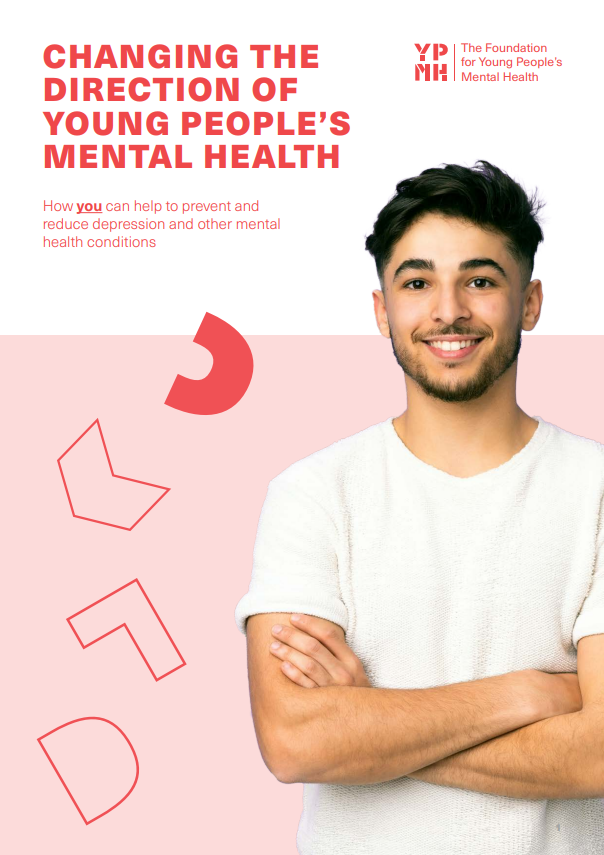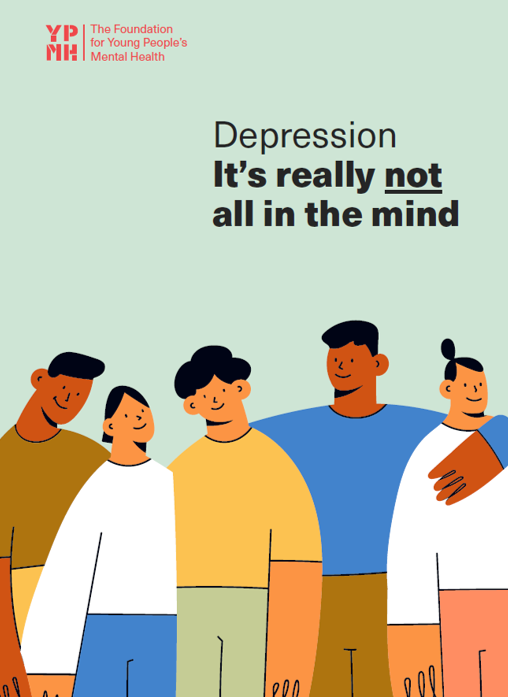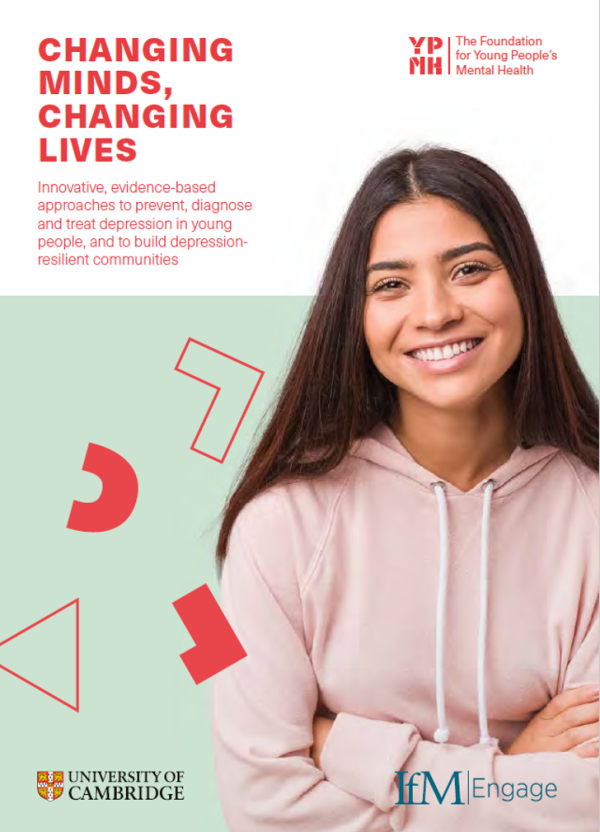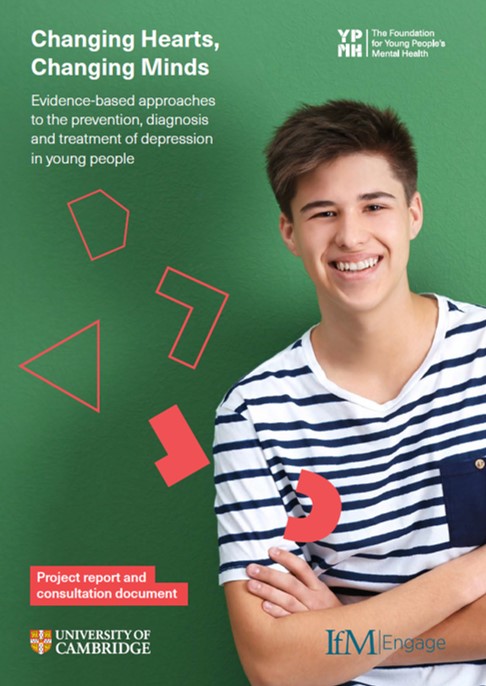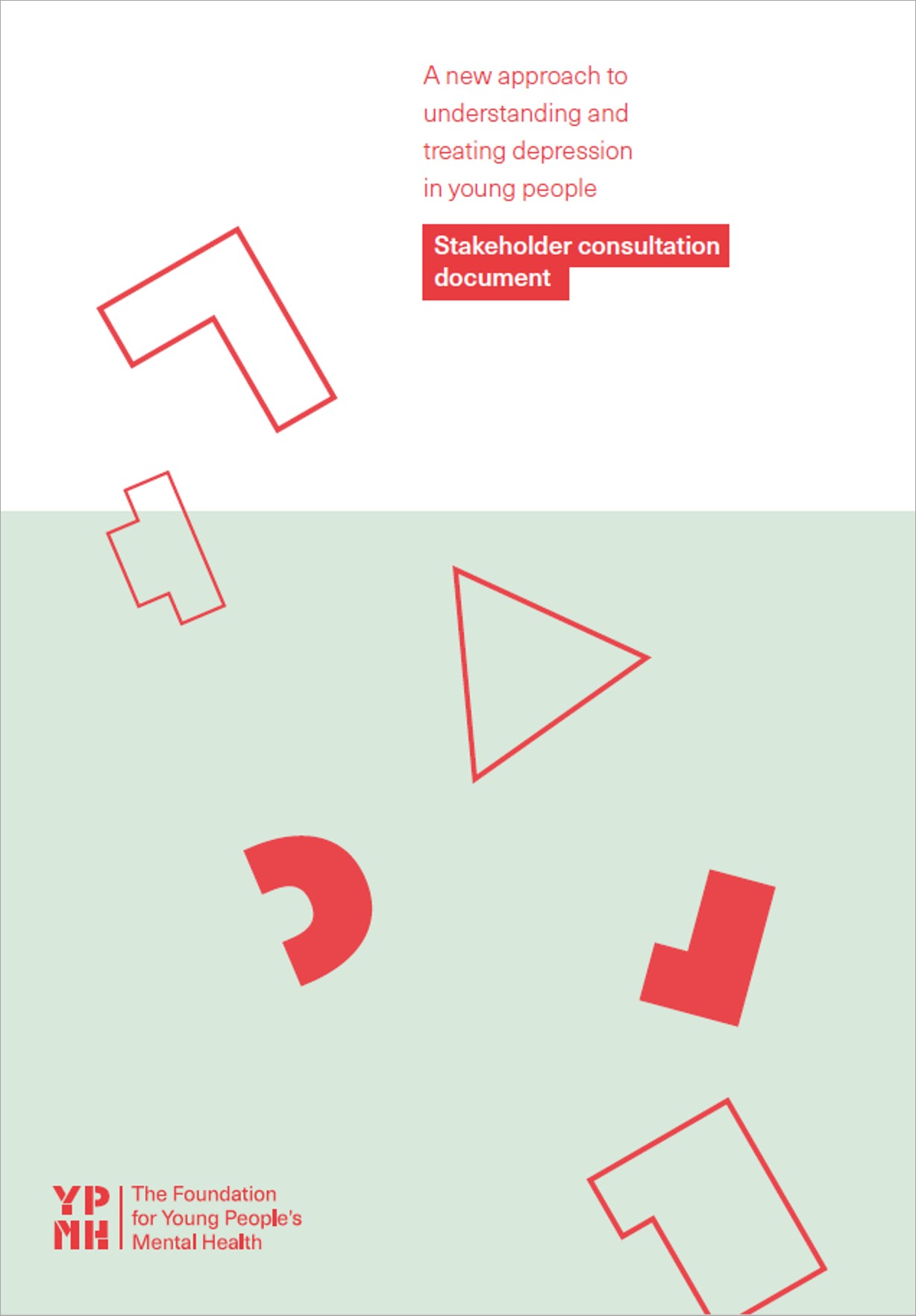Offers confidential advice and support for young people struggling with suicidal thoughts, as well as family and friends; and information about how to make a safety plan.
Its helpline service – HOPELINE247 – is available to anybody under the age of 35 experiencing suicidal thoughts, or anybody concerned that a young person could be thinking of suicide.
Opening times:24/7 every day of the year
0800 068 4141
Text: 88247
Whatever you’re going through, you can contact the Samaritans for support. N.B. This is a listening service and does not offer advice or intervention.
Opening times: 24/7
Text: 116123
jo@samaritans.org
Digital support community and charity offering information, peer support, facilitated listening circles, mentoring and courses for parents of children with mental health difficulties


